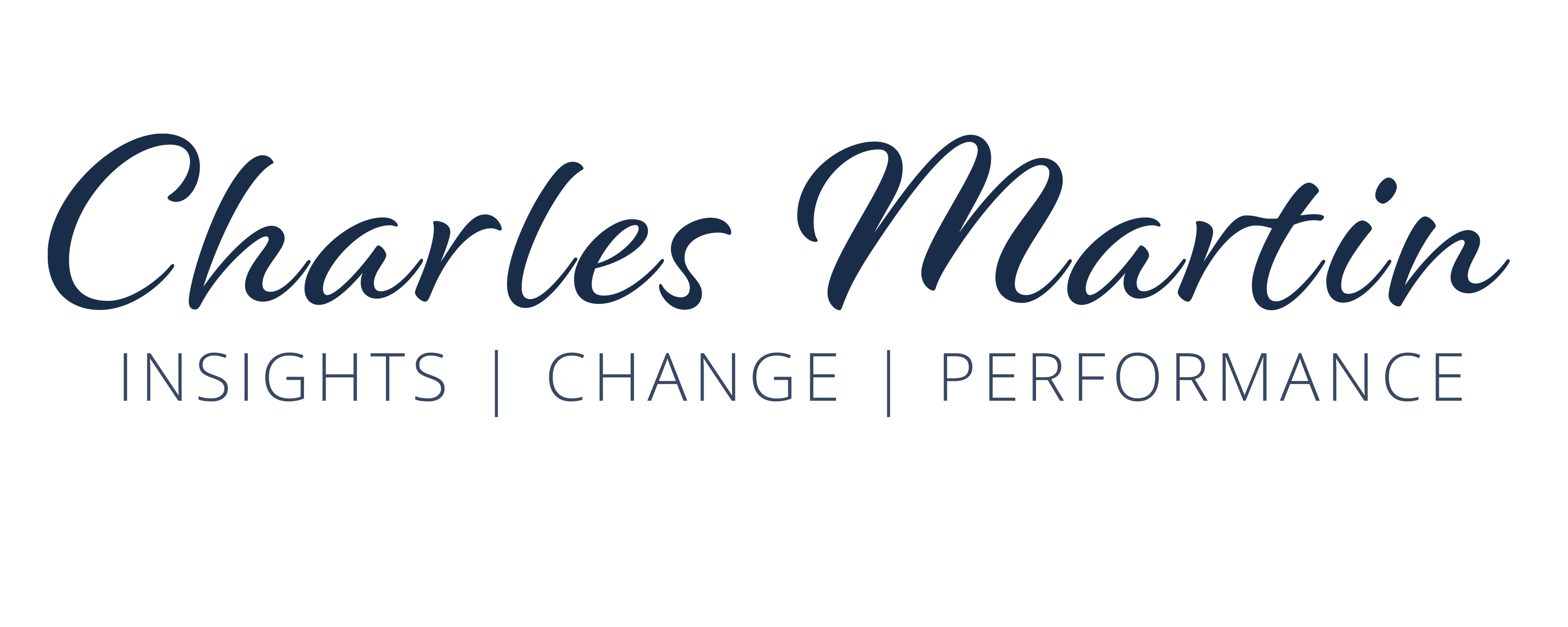Stop. Consider. Succeed.
New perspectives on change
“It’s the end of the world as we know it”, so sang R.E.M and many will have been tempted to agree with them over the past 12 months. As we are coming out of this crisis and starting to look forward, organisations are transitioning from crisis management to planning for the future. Many are now thinking about what they need to start doing to ensure cashflow returns/remains positive, how best to look after their employees, customers, and stakeholders and how to plan for the ‘new normal’. To successfully change and innovate, it is worth considering what you should stop doing as much as what you should start doing.
The ability to change and prepare for the future starts today. There is no doubt that the world has experienced a seismic change economically, politically, technologically and socially, but how many planning processes were prepared for this and if you want to change your direction maybe you need to stop and change your planning process.
As we are coming out of this crisis and starting to look forward, organisations are transitioning from crisis management to planning for the future. To successfully change and innovate, it is worth considering what you should stop doing as much as what you should start doing.
Entrenched processes as well as a strong culture are often seen as key success criteria, yet a strong dominant logic or way of thinking may well be important for the existing business, but to develop the new business they may be a hindrance or a barrier. Stop and consider how your culture can encourage and embrace new thinking and opportunism, and on the reverse side how it can obstruct change.

The ‘winners’ pre-Covid-19 may not necessarily remain top on the other side, only those who have developed intrinsic resilience and agility will prevail. Success can breed complacency and a fear or reluctance to try new things in case the existing business suffers; but now all existing business has suffered. The new winners will be those who were already restless, innovative, flexible, and collaborative, who have the breadth and depth of skills and capabilities to take advantage of the new environment.
The breadth and depth of skills is especially important for to create new services, revenue or fundraising streams, new skills will be required, and new competencies developed. It may now be time to look at recruiting and selection policies to stop recruiting in the old way and start diverging and expanding the definition of who will ‘fit’ into the organisation.

As plans are created to prepare for the future and lists are compiled of things to start doing, it is worth also making a list of what should be stopped to enable the new activities, changes, and ventures to succeed. Past success, existing culture, entrenched processes and policies may all prevent you creating the future. The future is not a far-off time it is now. As R.E.M also sang “Let’s begin again, begin the begin”.
